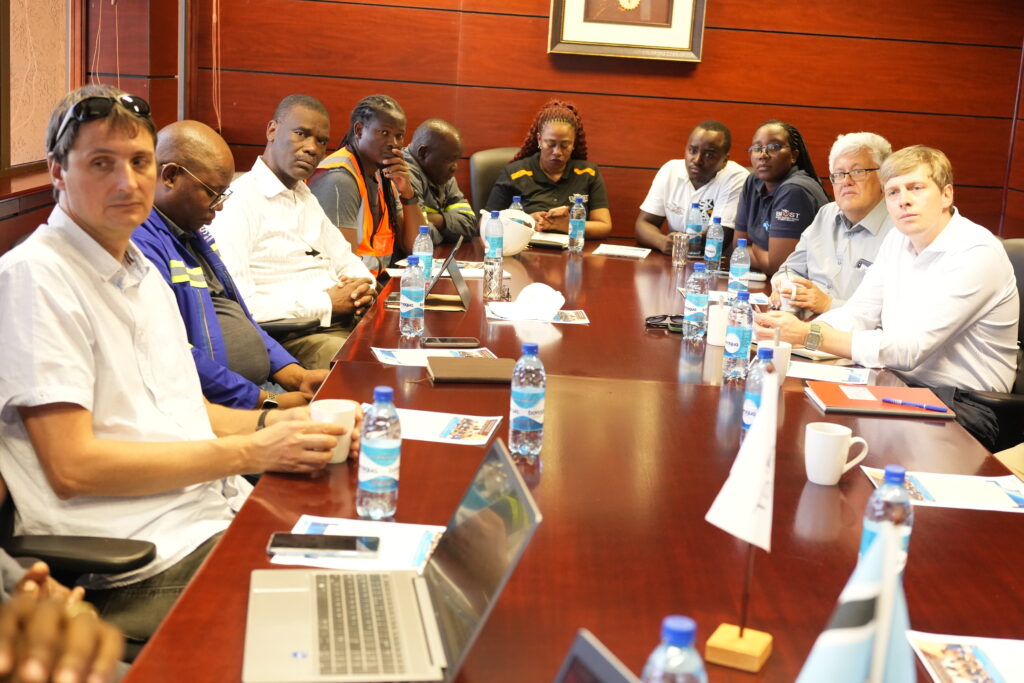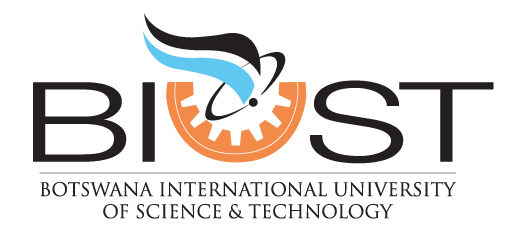
On the 24th February 2024, the University through the Office of The Vice Chancellor
hosted the South African Radio Astronomy Observatory (SARAO), South Africa, the Max-Planck Institute for Radio Astronomy (MPIfRA) and Deutsches Zentrum für Astrophysik (DZA) delegates from Germany to a courtesy visit on campus. The session was a precursor to the main event of a Memorandum of Understanding signing between the three parties which was scheduled for the 26th of February 2024, at Hilton Inn Garden Hotel in Gaborone.
When welcoming the delegates, the BIUST Vice Chancellor, Professor Otlogetswe Totolo, said the University was established through the Act of Parliament (BIUST Act) CAP 57:05 in 2006 to be a research-intensive university which solely specialises in science, engineering, technology, and mathematics (STEM). He said the government intended to help curb the expenses of sending Batswana overseas to pursue STEM-related courses. This move, he noted, was a direction to
improving the percentage of Batswana to venture into this field in large numbers at lower costs.
Prof Totolo further mentioned that projects of this nature are a true affirmation that BIUST exist as a driving force in Botswana’s transition to a knowledge-based economy. For his part, the Managing Director (MPIfRA) Professor Micheal Kramer said their institution has been partnering with various institutions in the last 25 years. Kramer, who was also head of the delegation, noted that through committed personnel and guidance from their side, the partnership was destined for success.
He also mentioned that through more engagements, they will map a way forward on the development plan and assist Botswana to realise its dream of hosting the first radio telescope through the African VLBI Network and consequently benefit in developing engineering skills, scientific knowledge, national regulations, and institutional capacity. The purpose of the sitting was to meet and greet the key facilitators of the project university management and visit the site where the radio telescopes are to be built.
